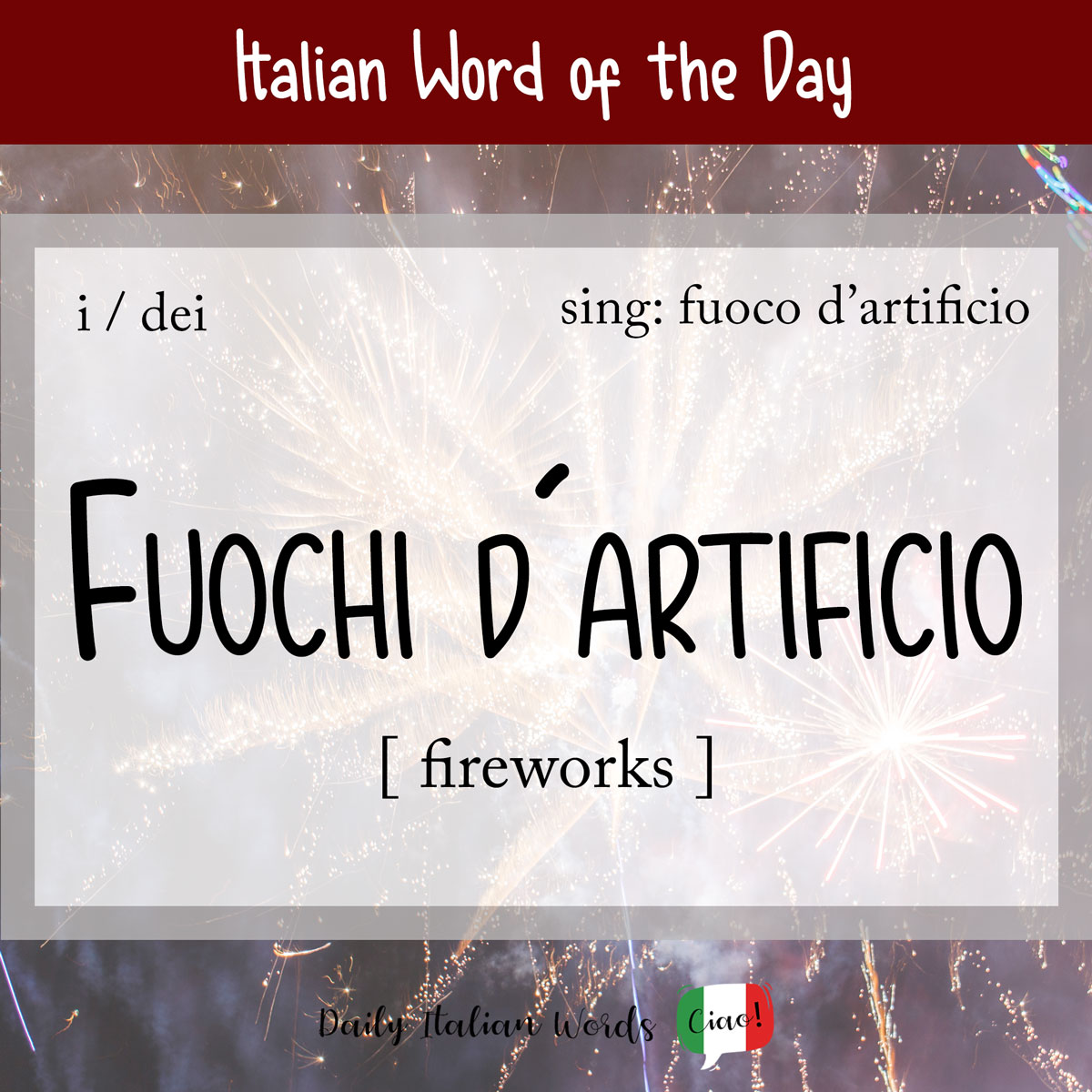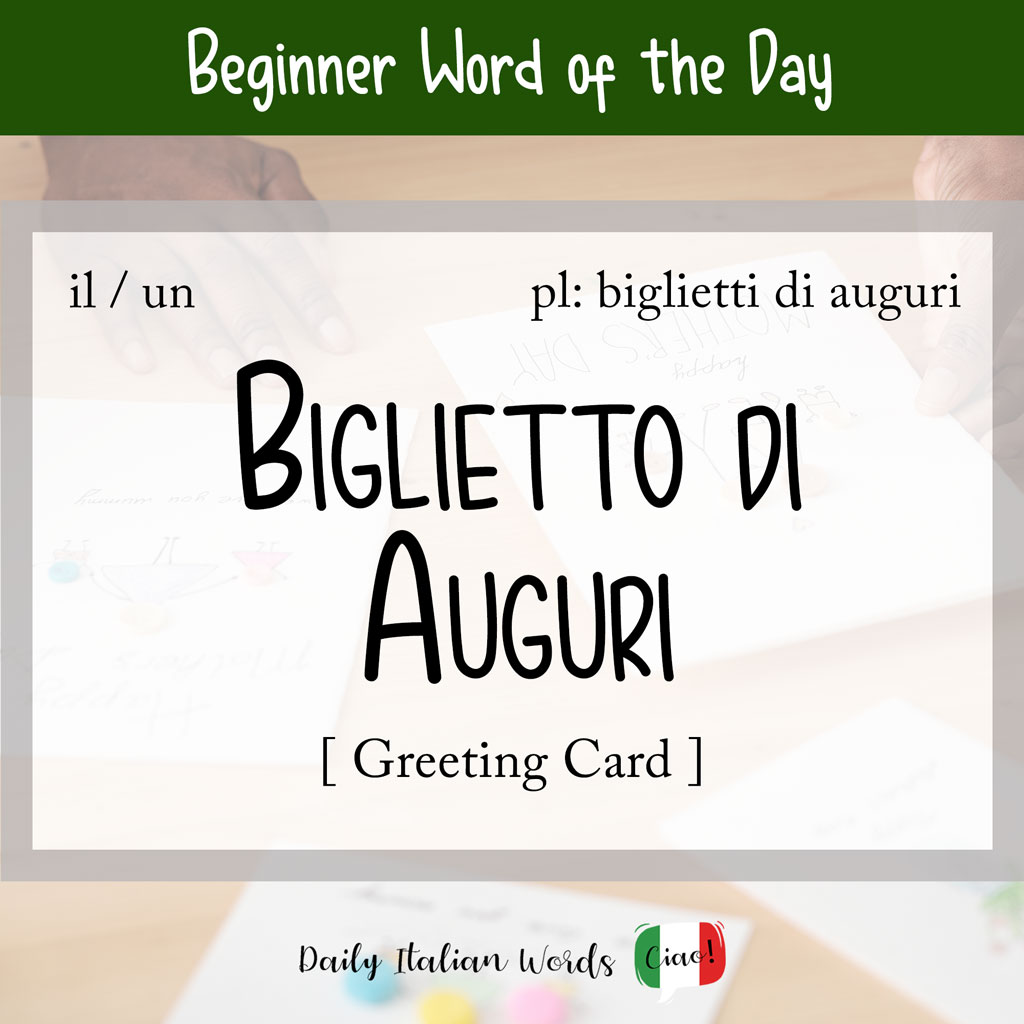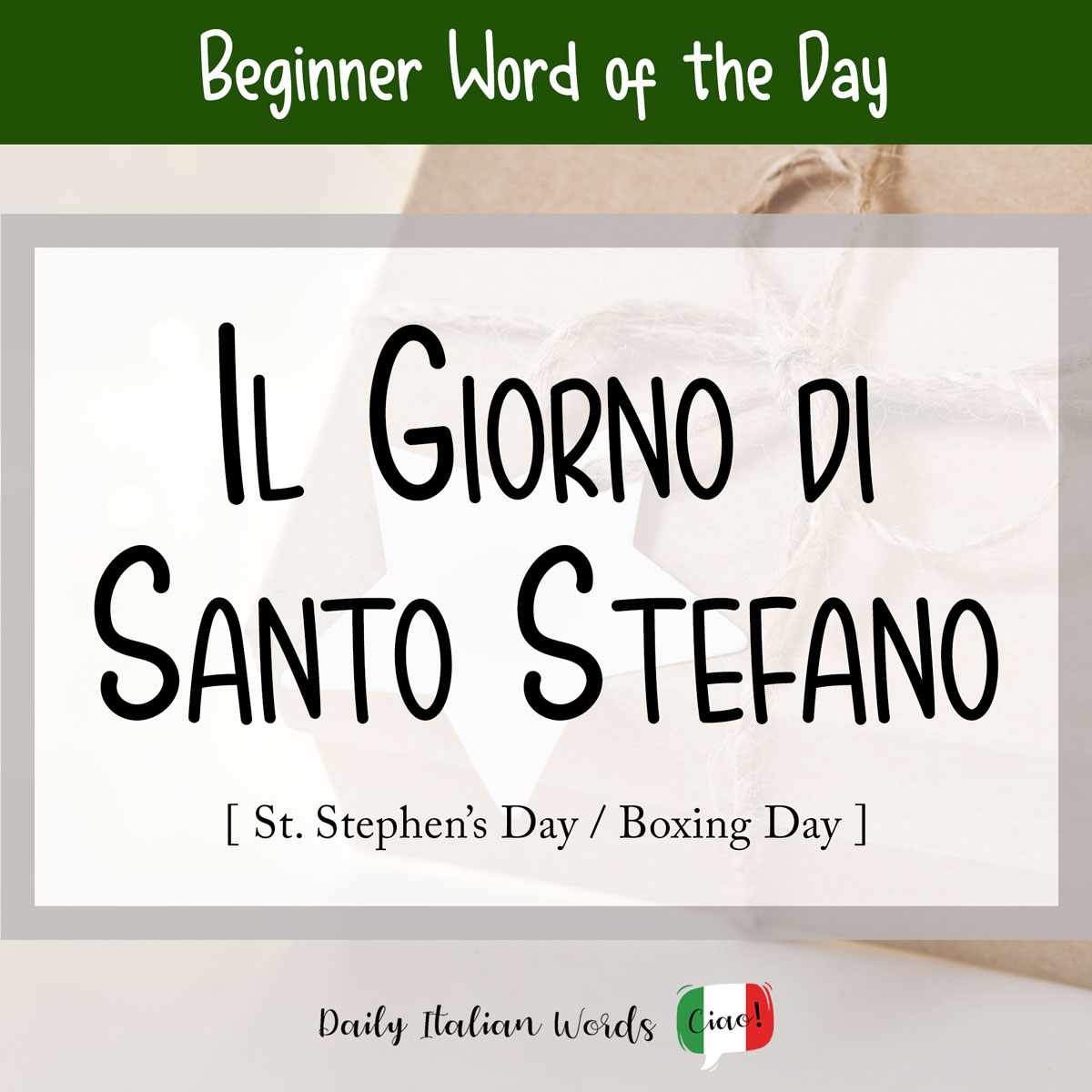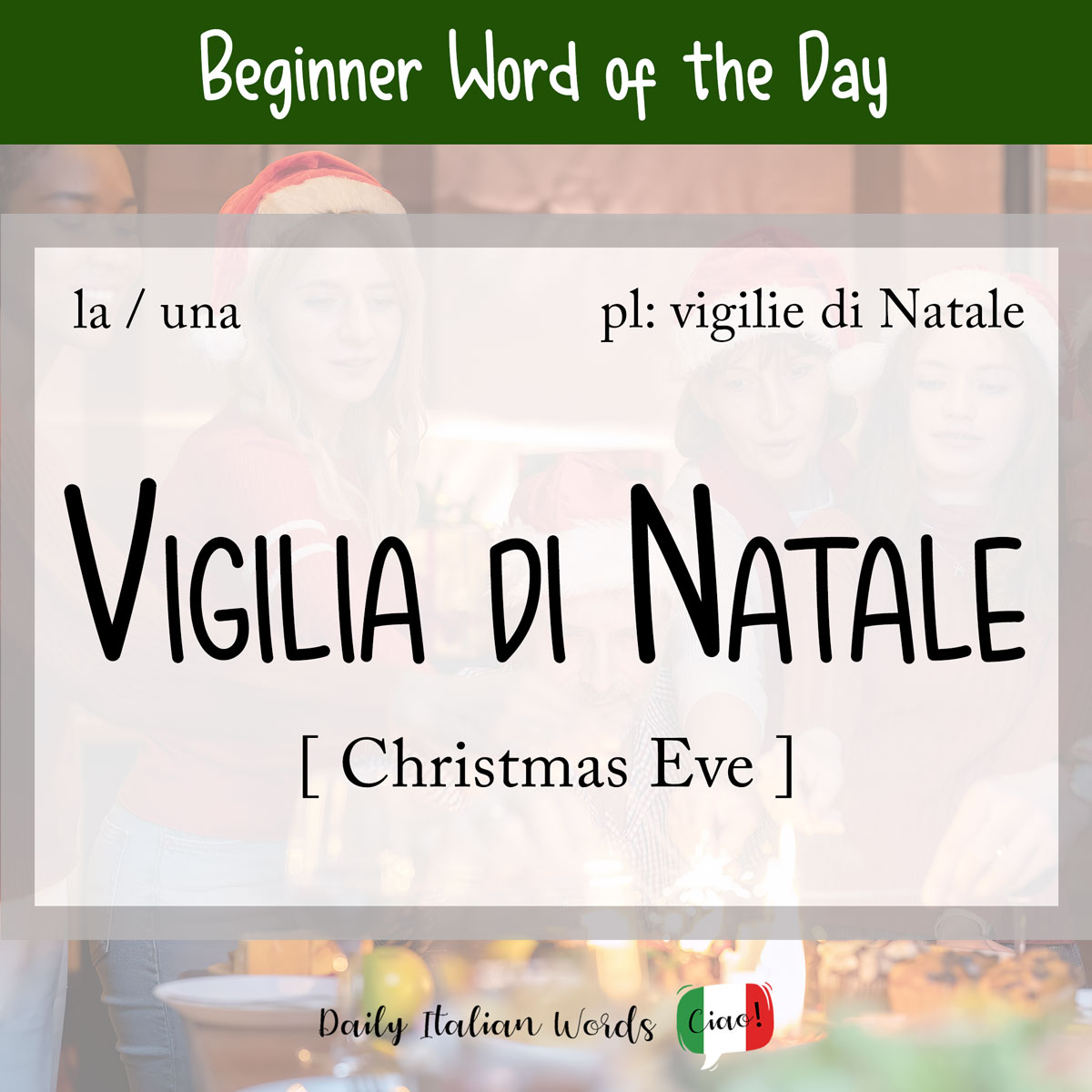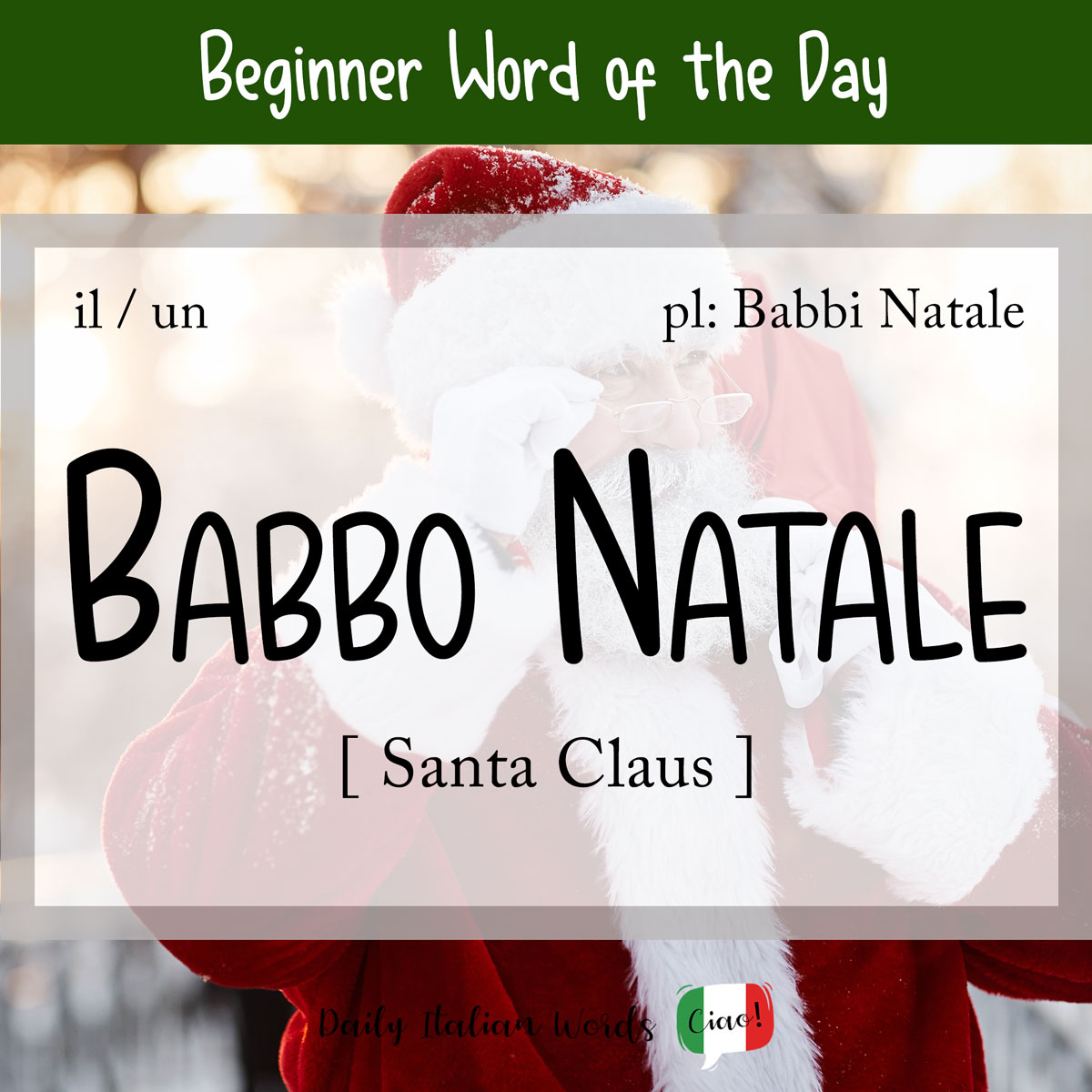Italian Word of the Day: Fuochi d’Artificio (fireworks)
The word for fireworks in Italian is made up of two terms: fuochi which means fires (singular: fuoco) and artificio meaning artifice (plural: artifici). Setting off fireworks at midnight is a popular way of ringing in the New Year all across the world. Dove posso vedere i fuochi d’artificio di Capodanno? Where can I see …

